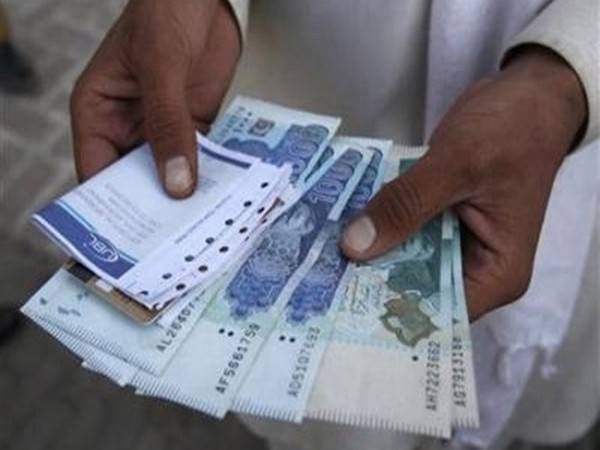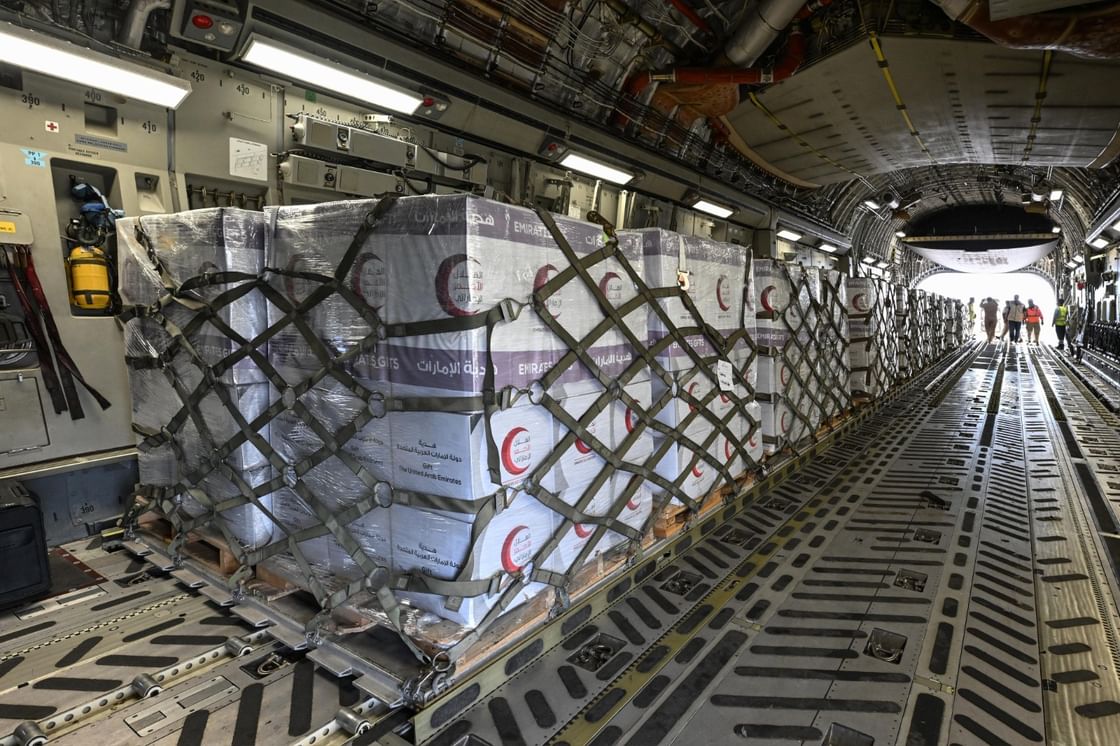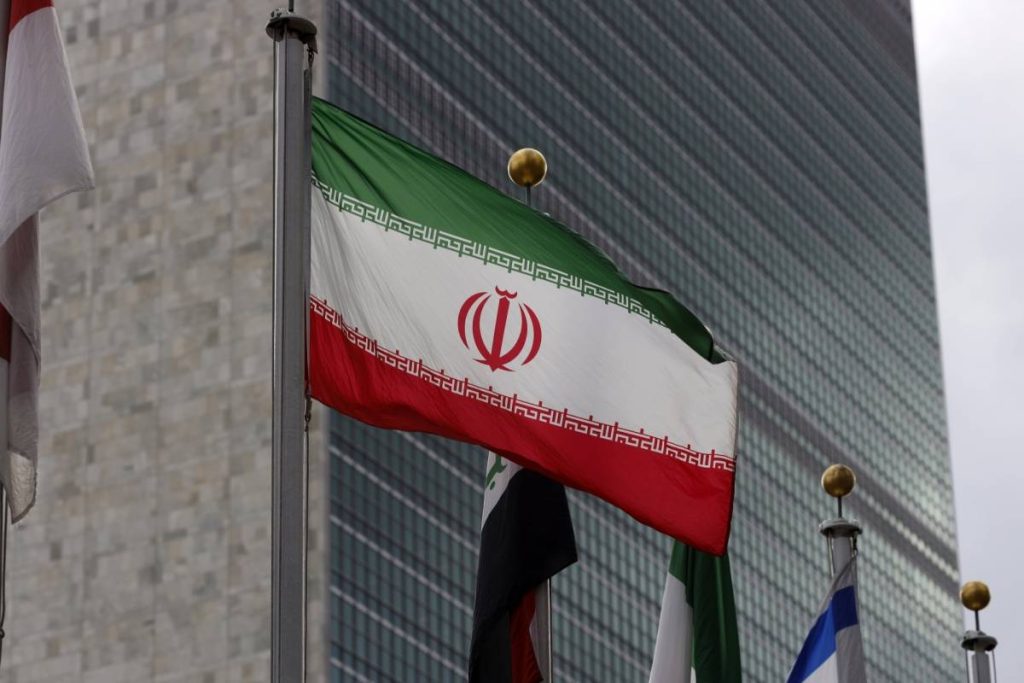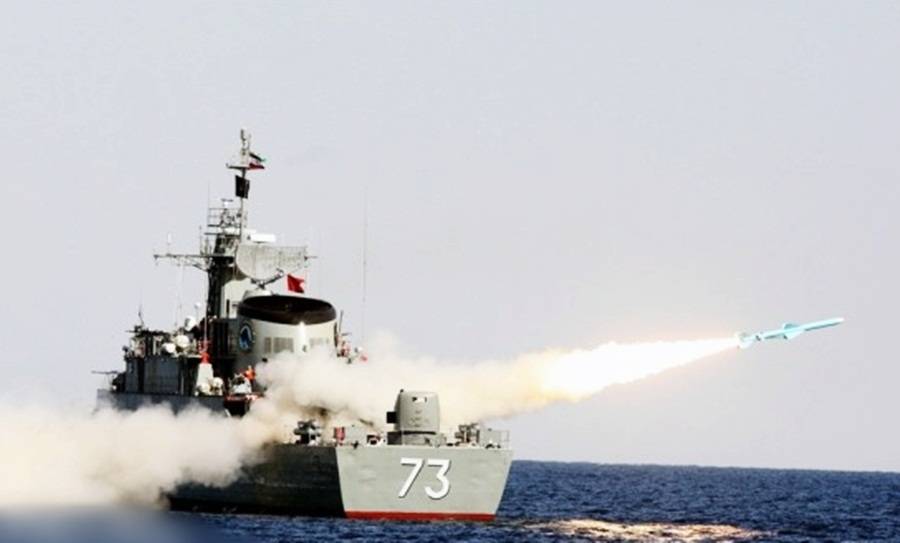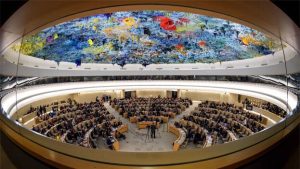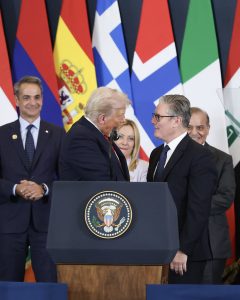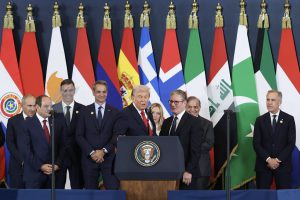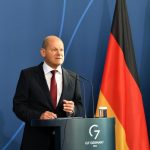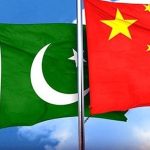Under the Taliban rule and the deteriorating Afghan currency value, the Pakistani rupee is fast becoming the prime currency for trade, especially by traders who do business along the Pakistan-Afghanistan border. ..writes Hamza Ameer
Amid the collapse of Afghanistan’s banking sector, coupled with Taliban-imposed restrictions on money exchange systems, local traders are now opting to use of Pakistani rupee as mode of financial transactions for payment in many provinces of the country.
“Due to fluctuations in the US dollar and Afghan currency rates, everyone here is using the Pakistani rupee,” said a local trader.
The circulation of Pakistani rupee among Afghan traders is being witnessed for the past one month. However, the Pakistani rupee is not being openly accepted for doing trade amid fears of restrictions imposed by the Taliban regime, who have allowed use of Afghani currency for all operations in the country.
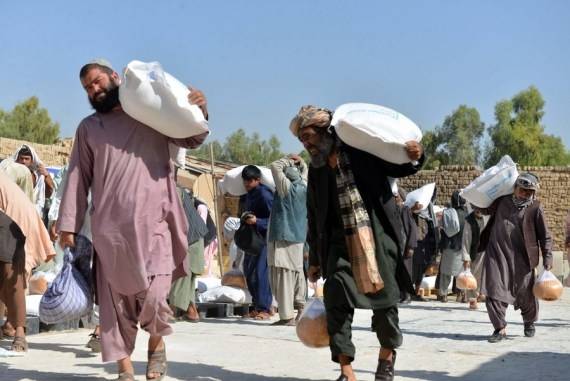
“Small traders and locals in Afghanistan are using Pakistani rupees for daily transactions and purchases of food items. Provinces adjacent to Pakistan prefer the rupee instead of Afghani because they will face a 10 per cent loss in converting the rupee to Afghan currency,” said another trader.
The use of Pakistani rupee saw a major decline as the past governments in Afghanistan opposed to its use. However, under the Taliban rule and the deteriorating Afghan currency value, the Pakistani rupee is fast becoming the prime currency for trade, especially by traders who do business along the Pakistan-Afghanistan border.
“We also need Pakistani rupees to import goods from Pakistan as both Pakistani and Afghani traders prefer to use the Pakistani currency for trade due to the uncertain situation in Afghanistan,” said Hameed Khan, a trader.
The Taliban government has been working hard to reactivate its banking system, calling on the US to unfreeze the country’s central assets worth $9 billion, placed in the US. The Taliban regime has also been calling on the global community to help the country stand back on its feet through economic bailout, humanitarian aids and facilitations.
“A joint commission was set up by various civilian and military agencies to monitor shopkeepers and the general public who were carrying out transactions in Pakistani currency,” said Hameed khan.
“If the Afghan government fails to reactivate the banking system for traders and the general public, it will not only increase the use of rupee but also affect trader’s ability to import goods.”

